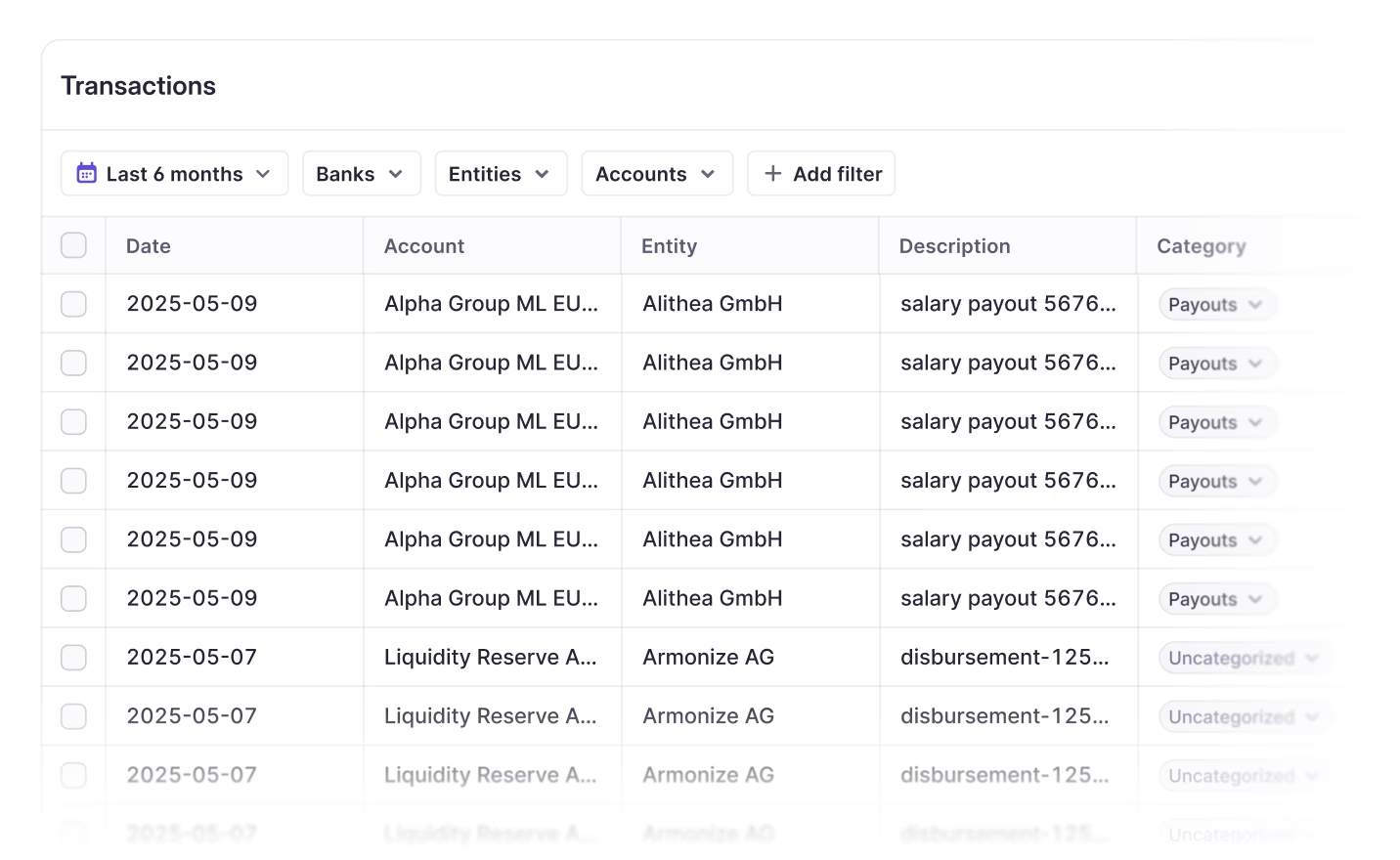What is auditing?
Auditing is the process of examining your organization's financial records to verify that they are accurate and comply with accounting standards and regulations.

Introduction to auditing
Auditing is a key accounting process that refers to the systematic examination and evaluation of your organization's financial records and transactions. Its purpose is to verify whether your financial statements accurately represent your financial position and to ensure they comply with relevant accounting standards and regulations. An audit can be conducted internally or by an independent party. In either case, it’s usually managed by a firm of certified public accountants (CPA) or a team of auditors.
The primary objective of auditing is to assure stakeholders such as management, investors, creditors, and regulatory bodies of the accuracy and fairness of your financial information. It enables these stakeholders to make informed decisions about future growth, investments, and other transactions. It also helps to promote trust and confidence in financial markets.
Types of financial audits
There are three main types of financial audits, each serving a distinct purpose.
- External audit: This is conducted by an independent CPA firm or external auditors to provide an independent and unbiased opinion on your financial statements. It is often required by regulatory authorities, stakeholders, or lenders to ensure transparency and reliability in your reporting. Auditors will assess your accounting records, transactions, and internal controls to determine whether your reporting is accurate and compliant with standards like the International Financial Reporting Standards (IFRS).
- Internal audit: Unlike external audits, which focus on providing assurance to external stakeholders, internal audits serve the interests of your senior management team. Internal auditors evaluate the effectiveness of internal controls and risk management processes to identify areas where improvements might enhance your efficiency. An internal audit will help you mitigate risks, safeguard assets, and ensure compliance. It will also play a proactive role in fraud detection and prevention by assessing the adequacy of your internal controls and conducting investigations if necessary.
- Government audit: A government audit is designed to assess your compliance with specific laws, regulations, or funding requirements. It will focus on several areas including taxation, financial assistance programs, grants, contracts, and public expenditures. Government auditors will examine your financial records, transactions, and activities. They primarily serve the public interest by promoting accountability, transparency, and integrity. They are most likely to occur if you have received public funding.
The auditing process
Regardless of the type of audit, the auditing process typically follows the following methodology:
Planning
Auditors begin by defining the scope of the audit, its objectives, and timelines and gathering background information if necessary. They will also determine the resources needed to conduct the audit effectively.
Risk assessment
A risk assessment is performed to identify potential risks of inaccuracy in your organization’s financial statements. To do this, they must assess your internal controls and any inherent risks associated with specific transactions or activities. These might include the use of complex accounting estimates or volatile industry or regulatory environments.
Testing and evidence-gathering
Various audit procedures are required to gather sufficient evidence to support an audit’s conclusions. These may include substantive testing to verify the accuracy and completeness of financial transactions. They may also test your internal controls to assess their effectiveness in detecting or preventing errors and fraud.
Evaluation and reporting
After testing, the auditors will evaluate the evidence and form an opinion on the clarity and accuracy of your financial statements. They then prepare a report with their findings, conclusions, and recommendations.
Follow-up and monitoring
If the audit has resulted in recommendations for corrective actions or improvements, the auditors will follow up at a later date to ensure these changes have been implemented. You may also be subject to ongoing monitoring if your statements or processes continue to fall short of the audit’s requirements.
Preparing for an audit
Whether the audit is initiated internally or to satisfy an external stakeholder, there are steps you can take to ensure it runs smoothly with as little disruption as possible.
- Assign a designated point of contact to liaise with the audit team. This person should be knowledgeable about your operations, financial processes, and internal controls and able to coordinate activities and communication between all parties.
- Make sure you understand the objectives and scope of the audit. Be clear on which financial statements will be audited, and if any procedures or testing will be performed.
- Evaluate the effectiveness of your internal controls over financial reporting and operational processes and fix any weaknesses or deficiencies before the audit begins.
- Get all your documents and records in order and ensure they are complete, accurate, and readily accessible.
- Conduct preliminary testing and reconciliation of financial data and account balances to identify and correct any discrepancies or errors beforehand.
- If you’ve been audited before, go back and make sure all issues or recommendations were addressed.
- Provide training and guidance to staff members to ensure they understand their roles and responsibilities, including providing access to information and responding to auditor inquiries promptly and accurately.
- Ensure auditors have access to all the facilities, systems, and people they need to conduct the audit effectively.
How Atlar can help with your auditing
By providing a single source of truth for your company's financial data, Atlar can help streamline the auditing process and help auditors access the information they need quickly. Our audit trails feature ensures that every action is tracked with full event histories for payments, approvals, counterparties, and other objects plus their relationships with one another. Maintaining a complete historical record of financial activities in this way can save time for your organization and boost its credibility.
In addition, Atlar offers built-in control features that can help you identify and prevent any weak-points in advance of an audit. For example, you can set up custom approval chains to ensure all payments are made in line with internal policies and easily oversee user permissions and access levels from a central user management interface.
You can unsubscribe anytime.
Further reading
See Atlar in action.
Enter your work email to watch a live product demo.


